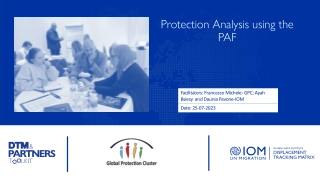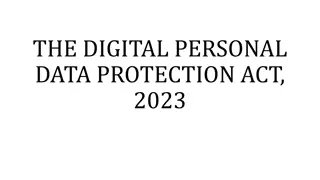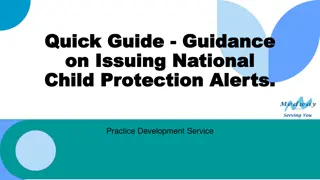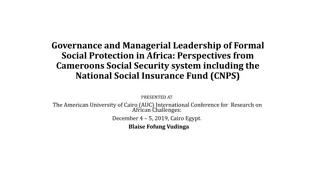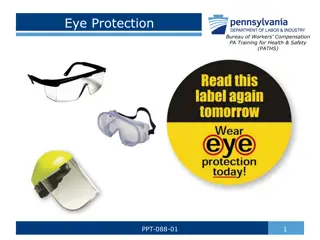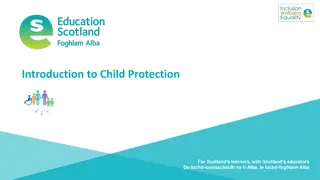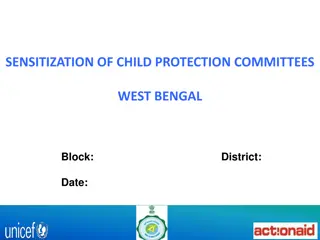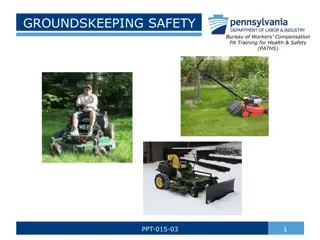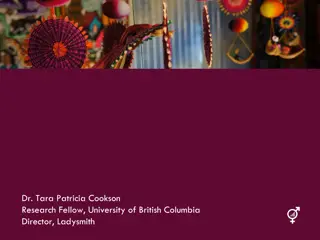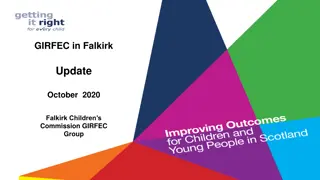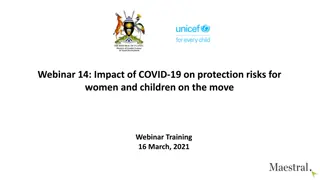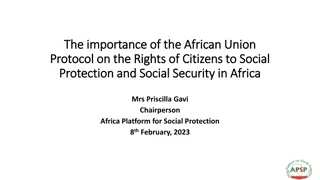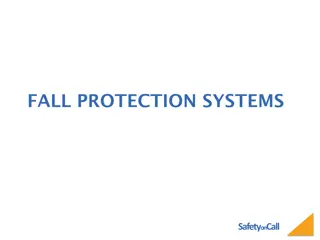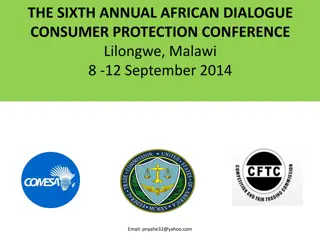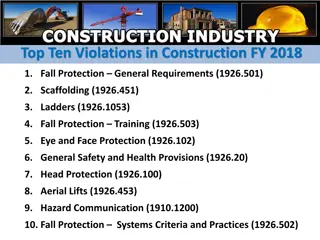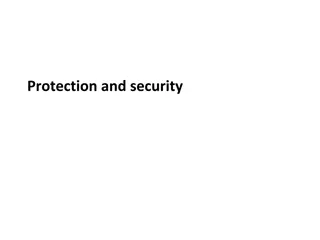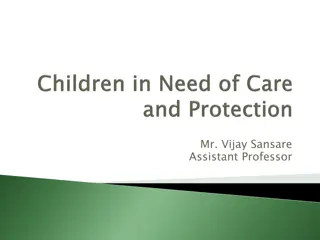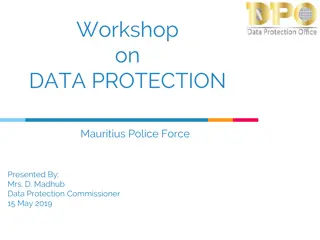
Role of Education in Supporting Displaced Persons
Education plays a critical role in sustaining and saving the lives of forcibly displaced persons during crises, offering stability, routine, safety monitoring, and building a better future. It aids in fostering reasoning, decision-making, self-esteem, and self-awareness, benefiting children, young people, and adults in various regions globally.
Download Presentation

Please find below an Image/Link to download the presentation.
The content on the website is provided AS IS for your information and personal use only. It may not be sold, licensed, or shared on other websites without obtaining consent from the author. If you encounter any issues during the download, it is possible that the publisher has removed the file from their server.
You are allowed to download the files provided on this website for personal or commercial use, subject to the condition that they are used lawfully. All files are the property of their respective owners.
The content on the website is provided AS IS for your information and personal use only. It may not be sold, licensed, or shared on other websites without obtaining consent from the author.
E N D
Presentation Transcript
For forcibly displaced persons education has a critical role in sustaining and saving their lives throughout a crisis and has a preventive dimension, a future dividend, which stems from its power to support the development of reasoning, decision-making, self- esteem, and self-awareness
Education assists forcibly displaced persons to develop a daily routine which can bring with it a sense of normalcy and stability, and it affords an avenue to meaningfully use the time of exile
It also provides a mechanism whereby the safety of children can be monitored and fostered, and it offers a means to build a better future for the individual and for his/her participation in whichever community a durable solution will eventually lead him/her...
10 Regions, 57 countries. More than 222,000 children, young people and adults benefited by JRS Education programs (formal and non formal).
Physical safety: : schools give kids a safe place to be when their parents are occupied trying to work, get firewood etc. Syria, DRC. b) Teachers can monitor children for signs of neglect and abuse and arrange interventions. They can teach life skills that address some common threats to health and safety. DRC c) Psychological well-being: schools can aid in recovery from past trauma and give hope for the future. Syria a)
d) Schools can help protect girls from abuse such as through early marriage and give them alternatives, reducing dependence. DRC e) Schools can give children some protection from recruitment as child soldiers, and provide a preventative to anti-social activities that arise from idleness. DRC - Rwanda f) Adult education can restore dignity and hope, and give people potential access to livelihoods not otherwise available. DRC
g. Literacy and numeracy prevent people from exploitation by the unscrupulous. DRC h. Special education is especially important to people with handicaps. JRS provides training in sign language for the deaf and similar skills for those with mental handicaps. These programs both provide a sheltered environment for the disabled, who are too often subject to abuse, provide a sense of self-worth, and emphasize their dignity and capacities to the whole community. Syria
When education programs include both refugee and local children, with parent s associations involving both communities, schools can be a powerful influence in countering xenophobia and the protection challenges that arise from community tensions. DRC Education is the only thing that we can give a refugee that no one can ever take away. This knowledge and self-awareness affords a dignity which in itself is a form of lifelong protection. i. j.
Giving priority to Education in Emergencies = Protection of children. Education still receives the smallest share of humanitarian funding (2%, in 2010). Education is not just Primary school. Education activities are an important method of passing on not only academic knowledge, but also practical knowledge, awareness and life skills that can help children care for and protect themselves and their peers * *Minimum standards for child protection in humanitarian action, 2012

